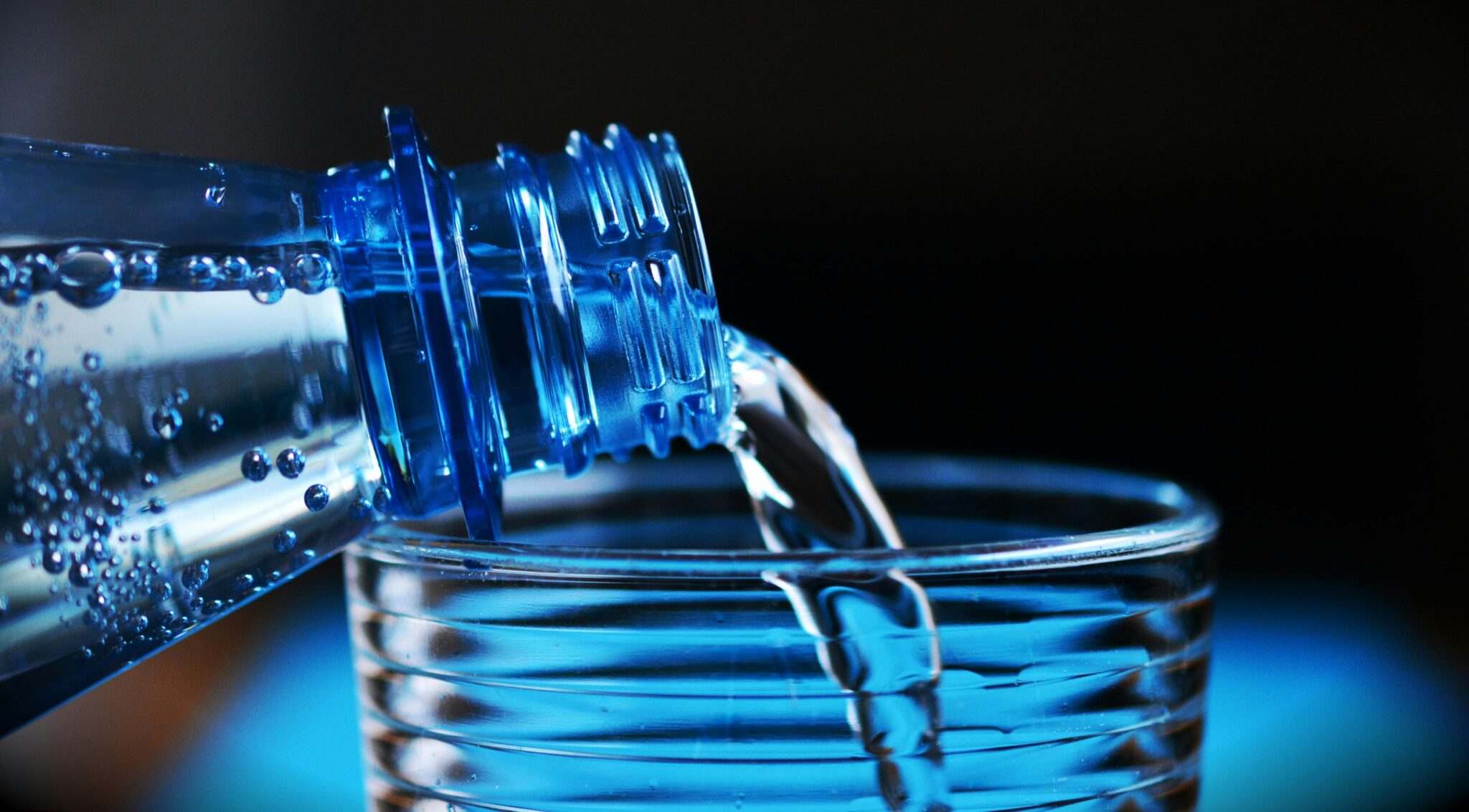Reusing plastic water bottles is not a smart idea for a variety of reasons. The following are the most significant items from wellhealthorganic.com:know-why-not-to-reuse-plastic-water-bottles-know-its-reason-in-hindi:
Have you ever been concerned about how reusing plastic water bottles would influence your safety? If that’s the case, you’ve found the perfect spot. This essay will thoroughly examine the reasons why people should not reuse plastic bottles, with a focus on the health and environmental implications. Wellhealthorganic.com delves further into this vital topic, providing a thorough study that will cause you to reconsider how many plastic bottles you use on a daily basis. Understanding why this advise is given can allow you to make better decisions for yourself and the world. Let’s take a deep dive into wellhealthorganic.com:know-why-not-to-reuse-plastic-water-bottles-know-its-reason-in-hindi.
Imagine yourself relaxing with a hot cup of chai at your favorite location, eager to learn something beneficial. Let’s go on a journey together to discover why not refilling plastic water bottles is a minor habit that can have a significant impact on health and the environment. So, let’s begin by looking at the crucial reasons for this key advise. By the end of our discussion, you will have acquired some information that may inspire you to begin living in a more environmentally responsible manner.
Also Read: Treeleftbig.Shop:Your Ultimate Shopping Guide
The Risks of Reusing Plastic Water Bottles
1. Growth of Bacteria
When I use the same plastic water bottle repeatedly without washing it well, germs from my lips and hands enter the container and begin to multiply. This could jeopardize my health and lead to illness.
2. Leaching in Chemistry
Polyethylene terephthalate (PET) is a form of plastic that, when heated or sunny, can emit hazardous compounds into water. Plastic water bottles are constructed of PET. Chemical leaks are more likely to occur in my home because I frequently use and wash items. This means I am exposed to potentially dangerous substances.
3. Plastic Degradation
Plastic water bottles can develop scratches, cracks, or other weaknesses, allowing germs to proliferate and making them more susceptible to chemical leaks over time. Using old or broken bottles may alter the taste and purity of the water, as well as harm your health.
Expert Tips for Healthier Hydration Choices
1. Choose environmentally friendly substitutes
I prefer reusable water bottles made of safer materials such as stainless steel, glass, or BPA-free plastics over recycled plastic water bottles. These materials are less likely to leach toxic chemicals into my water, and they are more durable and easier to clean.
2. Regularly clean and sterilize
If I do use plastic water bottles, I make sure to thoroughly clean them with hot, soapy water and sanitize them on a regular basis, using a solution of water and vinegar or hydrogen peroxide to kill bacteria and remove any leftover odors.
3. Avoids too much sun and heat
I try to minimize the likelihood of chemical leaching by not leaving plastic water bottles in hot automobiles or in direct sunlight for extended periods of time. When possible, I store them in a cool, shady spot; I also consider using insulated water bottles to keep my drinks cold for extended periods of time.
4. Use Responsible Recycling
When I finish using a plastic water bottle, I recycle it properly to lessen my environmental impact. To ensure correct disposal of plastic bottles, I hunt for recycling bins or facilities in my vicinity and follow local recycling rules.
Why Does This Matter?
Reusing plastic water bottles is not a smart idea for a variety of reasons. The following are the most significant items from wellhealthorganic.com:know-why-not-to-reuse-plastic-water-bottles-know-its-reason-in-hindi:
Matters of Health
When containers are reused, harmful chemicals such as phthalates and BPA (bisphenol A) can leach into the water. These substances are connected to a variety of health issues, including hormone abnormalities and an increased risk of cancer. Over time, plastic bottles can develop small cracks and scratches, providing an ideal environment for bacteria to thrive. If I reuse these bottles without thoroughly washing them beforehand, I risk ingesting or drinking hazardous microorganisms that could cause infections or disorders. When a plastic bottle is reused, part of its strength is lost, which means chemicals may leak into the water and render the bottle dangerous.
Impact on the Environment
When you reuse plastic bottles, you must eventually dispose of them, which contributes to the plastic waste problem. Single-use plastics are extremely harmful to the environment because they disrupt ecosystems and kill marine life. Plastic bottles are made from a variety of natural resources, including water and oil. If individuals do not reuse plastic bottles, the demand for new plastic will decrease, and important resources will be conserved. Because not all plastic bottles can be recycled, those that wind up in landfills are unable to be recycled. Less plastic bottles imply less waste in landfills and less strain on recycling infrastructure.
Pushing for Green Alternatives
When I realize how risky it is to reuse plastic bottles, I go for more environmentally friendly alternatives such as glass, stainless steel, or BPA-free reusable bottles. These options are healthy for both my health and the environment. By raising awareness of the dangers of refilling plastic bottles, I can help others learn and support responsible resource use. This collaborative project has the potential to significantly improve how people use and dispose of plastics. Knowing these essentials will enable me to make informed decisions that will preserve my health and contribute to a more healthier and environmentally friendly future.
Conclusion
So now you know about wellhealthorganic.com:know-why-not-to-reuse-plastic-water-bottles-and-its-reason-in-Hindi. Though plastic water bottles are available at every convenience shop and gas station, purchasing them on a regular basis is not always practical. Having your bottle on hand saves you the hassle of always seeking for the next disposable one. If you’re worried about finding a place to fill your bottle while out and about, consider a reusable bottle with a built-in filter.
These taste great, despite the fact that they are made from gas station bathroom water, and they cost between $15 and $100. Also, look for nearby establishments offering water refill stations, such as your local grocery store or water and ice shop. Refills are typically less expensive than store-bought bottles. Using an insulated or stainless steel water bottle also benefits your water
So now you know about wellhealthorganic.com:know-why-not-to-reuse-plastic-water-bottles-and-its-reason-in-Hindi. Though plastic water bottles are available at every convenience shop and gas station, purchasing them on a regular basis is not always practical. Having your bottle on hand saves you the hassle of always seeking for the next disposable one. If you’re worried about finding a place to fill your bottle while out and about, consider a reusable bottle with a built-in filter.
These taste great, despite the fact that they are made from gas station bathroom water, and they cost between $15 and $100. Also, look for nearby establishments offering water refill stations, such as your local grocery store or water and ice shop. Refills are typically less expensive than store-bought bottles. Using an insulated or stainless steel water bottle also benefits your water.
So now you know about wellhealthorganic.com:know-why-not-to-reuse-plastic-water-bottles-and-its-reason-in-Hindi. Though plastic water bottles are available at every convenience shop and gas station, purchasing them on a regular basis is not always practical. Having your bottle on hand saves you the hassle of always seeking for the next disposable one. If you’re worried about finding a place to fill your bottle while out and about, consider a reusable bottle with a built-in filter.
These taste great, despite the fact that they are made from gas station bathroom water, and they cost between $15 and $100. Also, look for nearby establishments offering water refill stations, such as your local grocery store or water and ice shop. Refills are typically less expensive than store-bought bottles. Using an insulated or stainless steel water bottle also benefits your water stay cool for several hours.
FAQs
Q:Can I recycle plastic water bottles after regular washing?
Ans: Although frequent cleaning helps to reduce bacteria, it does not prevent chemicals such as BPA from entering your drink. Using specially designed reusable bottles is safer.
Q: What Signs Point To A Plastic Bottle Becoming Unsafe for Use?
Ans: Look for faults including cloudiness, scratches, and fissures. If you notice any of these symptoms, you should stop drinking from the bottle.
Q: Can any plastic bottle be reused without risk?
Ans: Most single-use plastic bottles are not meant to be reworked. Still, generally, safer choices are BPA-free, specially-made reusable plastic bottles.








